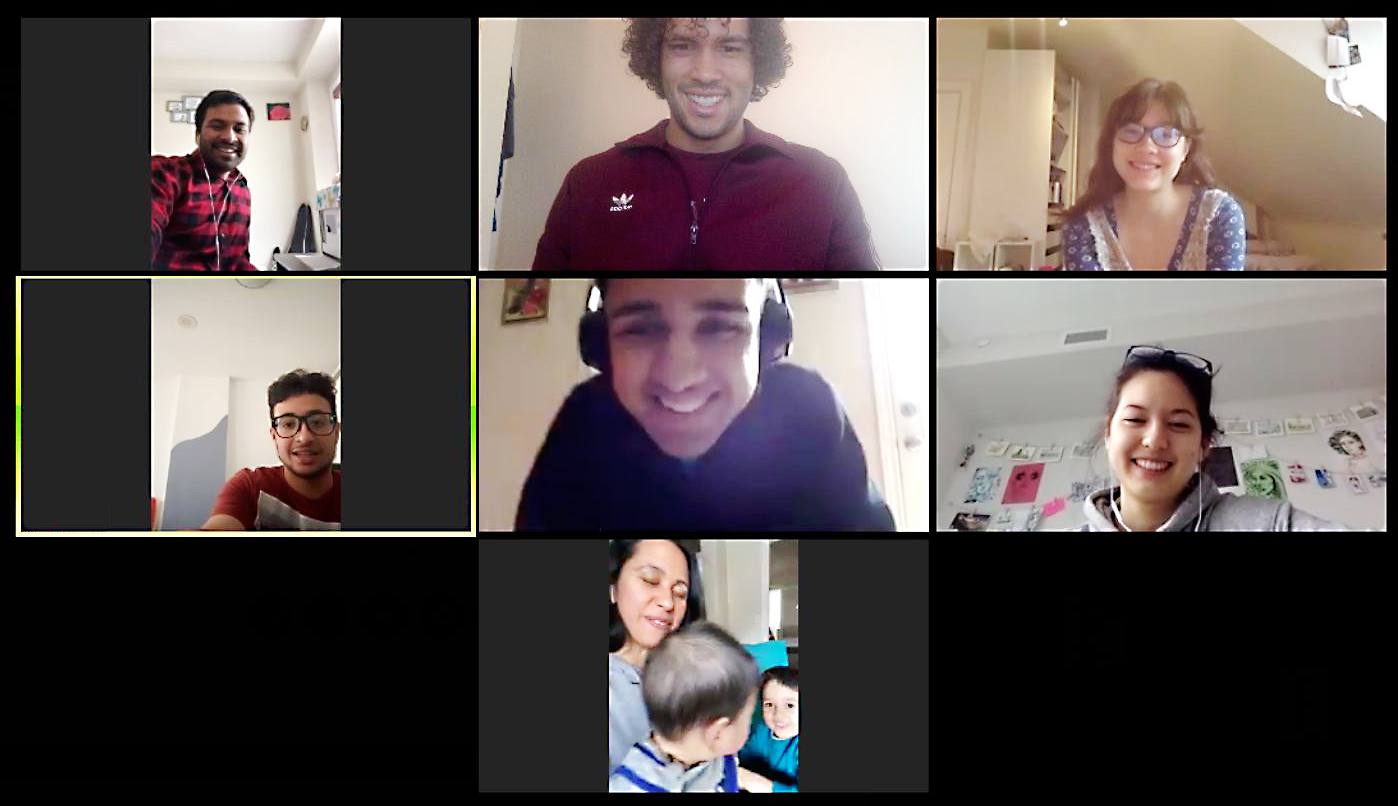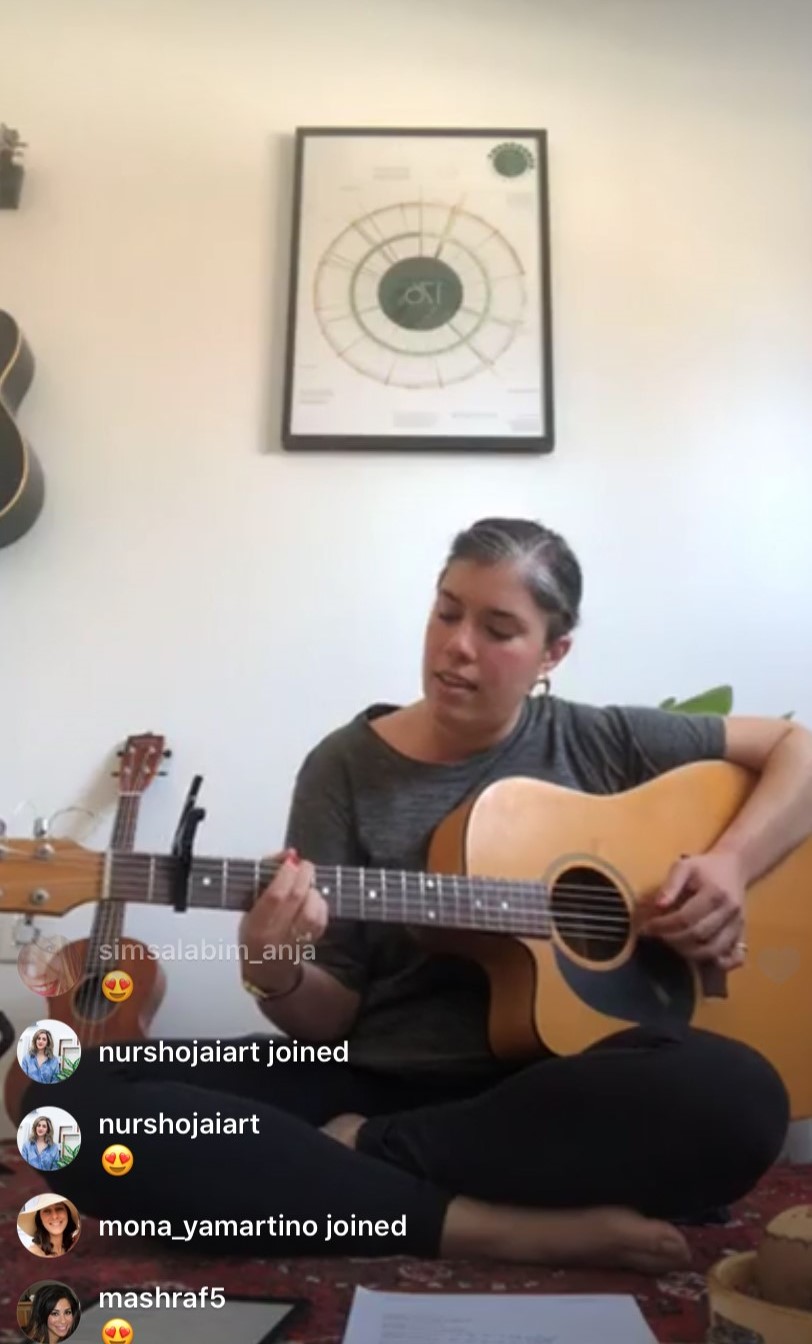The public response to the novel coronavirus has imposed a range of temporary limitations on all kinds of social activity, but Baha’is across the country are finding creative ways to remain connected with their friends and neighbours. Despite the uncertainty created by these changed circumstances, new possibilities are being created to foster a sense of community life and social solidarity.


Baha’is have been uplifted and inspired by a letter from the Universal House of Justice, the international governing council of the Baha’i community, addressed to the Baha’is of the world on the occasion of the Naw-Ruz Holy Day, celebrated on March 20th:
Seldom has it been more evident that society’s collective strength is dependent on the unity it can manifest in action, from the international stage to the grassroots, and we know that you are giving your support to the essential efforts being made in this regard to protect the health and welfare of all.
Mindful of the need to retain a degree of physical separation to promote the health of the wider community, Baha’is across Canada have reached beyond these barriers to foster social connection.
In one neighbourhood in Vancouver, a group of youth who come together for study and prayer has identified new opportunities to serve their community. They started a spreadsheet to keep track of errands and phone calls that people can do on a daily basis to help grandparents and other community members that are more vulnerable to help them to stay home.
As the full significance of the health crisis was just setting in, another group of adolescents in the same neighbourhood began to talk about the importance of personal hygiene to prevent the spread of infection. They undertook a service project to share soap and public health messages among those who lived close by.
In the northern community of Pond Inlet, Nunavut, a family celebrated the Baha’i New Year together while respecting physical distancing guidelines. Grandparents received dinner from their daughter and grandchildren, who delivered the meal with Naw Rúz greetings and a prayer sung in English and Inuktitut at the door. Thawed pieces of iceberg ice – a gift from another grandchild and his father, who were also recipients of a dinner – made the most delicious water to accompany the special Naw Rúz meal.
A small group of friends in St. Jamestown, a densely-populated neighbourhood in Toronto, have been working with neighbours over the past few months to strengthen community building activities. One of these friends said, “Since the pandemic, we don't see a real change in this. We just see a shift in form, as we all try to understand both the new information coming in through government and guidance from our institutions. We've taken our children's classes, devotionals, and youth gatherings online. We've also added a new study circle, and several community events like book readings and concerts since the self-isolation rules came into effect.”
“Instead of being apathetic in times of hardship, we've taken advantage of the hope and new availability of participants to be able to have activities even more frequently,” he continued.
This sentiment reflects the hopeful message conveyed by the Universal House of Justice in its recent letter:
However difficult matters are at present, and however close to the limits of their endurance some sections of societies are brought, humanity will ultimately pass through this ordeal, and it will emerge on the other side with greater insight and with a deeper appreciation of its inherent oneness and interdependence.

